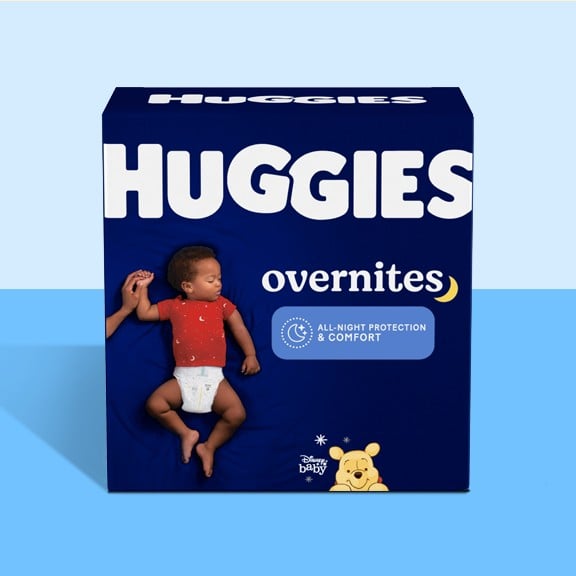Growth and development at 29 months old
At almost two-and-a-half years of age your toddler should be able to use toys for their intended purpose: hug a doll or a teddy, build with blocks, push a toy car, and so on. If they drop their toys a lot or bang them together or even throw them repeatedly, you might want to get your child assessed. Other concerns can be an inability to establish or maintain eye contact, an inability to say at least 50 words, or an inability to join 2 or more words together. If you can’t understand much of what your toddler is saying and their language is still unclear, then an assessment is warranted.
Other warning signs can relate to gross motor delays. If you observe that your toddler can’t run yet, still needs to hold on when going up a flight of stairs, or can’t throw a ball, check with your pediatric healthcare provider. Generally, the earlier any form of child development therapy commences, the better the outcomes.
Play and interaction at 29 months old
Talk with your 29-month-old but don’t feel like every conversation has to be educational. Mothers often aim to teach their children when talking to them, but fathers sometimes aren’t quite as focused on this. Kids may view playing with their dads simply as more fun because of this. This can prove to be a contentious issue for many couples.
Exploring is an important part of a toddler’s day. Their natural inquisitiveness will fuel them to look for what lies around the corner, what’s hidden in the cabinets and what’s lurking in dark spaces. For parents, this almost always means a new mess to clean up. Look for toys that involve movement. Sitting down to do puzzles and drawing needs to be balanced with more physical activity. Play at this age is about balancing activity and rest and balancing stimulation and quiet time.
What you can expect at 29 months old
Be observant yourself. Don’t be too trusting of people you don’t know—or even those you do. Your primary job is to keep your toddler safe and secure. If you have a sense that a situation is not safe or that your child is in danger, always trust your instinct. This sixth sense is a distillation of all our other senses combined and should not be ignored.
Food and nutrition at 29 months old
In terms of nutritional content, frozen vegetables provide the same benefits as fresh ones. Cooking destroys many vitamins; if your toddler prefers to snack on raw vegetables when you are preparing their meal, let them. Serving bowls can be placed in the middle of the table so everyone can serve themselves. It’s one very effective way of persuading a reluctant toddler to eat. Watch your own behavior around food as well. Parents who have unresolved food issues because of disordered eating can inadvertently pass these on to their children. Don’t be obsessed with keeping your child clean while eating, clearing away the meal before they have had a chance to eat, or monitoring their intake in terms of variety and quantity. The first principle in changing any of our behaviors is acknowledging them. If you recognize that your own relationship with food is influencing your child, then seek help from your healthcare provider.
Keeping your toddler healthy at 29 months old
Babies and young children are not good at regulating their temperatures; variations from the normal range are common. Acetaminophen, when given in the correct dose for your child’s age and weight, will help to reduce their fever. It is important that you find out why they have an elevated temperature (which means above 100.4° F). Viral infections are the most common cause for fevers in young children, and although antibiotics are not effective for treating viral infections, it is still important that children who are sick are assessed by a healthcare provider.
General tips
- Don’t stress over your toddler’s reluctance to eat. No child who has had access to food has ever starved. Your child will eat when they are hungry. If you are concerned, take them to your healthcare provider and have their weight, head circumference, and length measured and plotted on their growth chart.
- Check your child’s shoes size often. Toddlers aren’t good at explaining exactly that they feel uncomfortable. Shoes that pinch or compress their toes will not allow their feet to grow and expand as they need to.
- Watch your language when you’re around your toddler. They will mimic you, especially words that can escape during high-stress moments.
- Encourage your toddler to spend time with other children, both younger and older than themselves. Your toddler will learn what’s involved in relating to other people by spending time and socializing with them.
The information of this article has been reviewed by nursing experts of the Association of Women’s Health, Obstetric, & Neonatal Nurses (AWHONN). The content should not substitute medical advice from your personal healthcare provider. Please consult your healthcare provider for recommendations/diagnosis or treatment. For more advice from AWHONN nurses, visit Healthy Mom&Baby at health4mom.org.










